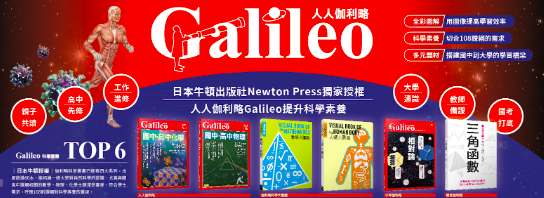Suggestions from a nerd special: surviving the IBDP
By Wisley Lau
In this special edition of Suggestions From A Nerd (SFAN), here are some resource recommendations that hopefully can help you prepare and/or survive the two excruciating years of IBDP.
School Resources:
For different subjects, there are a few resources the teachers will recommend or use in the course of learning the DP courses. For example, English and Chinese will heavily rely on the literary and non-literary works provided by the teacher, while you can take useful advice from textbooks in subjects like Theory of Knowledge or for the Extended Essay. The Natural Science Subjects will routinely use Kognity, a digital textbook with built-in reading and exercises for you to familiarize with the course. Mathematics will be relying on the Hodder textbook for your selected Math subject and also Revision Village for questions as test prep.
Textbooks and website resources are subject to change based on the curriculum or how the teacher conducts their teachings, so take this advice coming from an author’s personal experience with a few grains of salt.
The resources below are NOT recommendations used by the school but completely those of the author alone.
English/Human Sciences/TOK: Last Week Tonight With John Oliver
(Photo: HBO)
You might remember this show being recommended in a previous edition of SFAN and the author has written a special article examining this show, but Last Week Tonight is an excellent source when you are studying a Humanities related DP subject.
The show often discusses issues about politics which is helpful if you are taking the Global Politics course, and it also brings up subjects related to Business and Economics. The show also has value in TOK as it sometimes discusses the implications of knowledge in real life, plus it is a resource used in some DP English Language and Literature courses at RCHK, which is good news for any Last Week Tonight fan in the school.
ESS: The Science Of Our Changing Planet
(Photo: Amazon)
A small but handy book, this compilation presents the latest developments in the world of environmental science with the firm scientific background required to support real world actions that need to be taken. Filled with infographics, graphs, and visual graphs, you can skim and scan the book for issues relevant to different ESS units like population, climate change, energy choices, and biodiversity, just to name a few. It is an urgent book for casual readers and useful for ESS students.
Natural Sciences/Math/Psychology: Galileo Series
(Photo: Amazon)
Including topics from Biology, Chemistry, Physics, Sports Science, Math, and Psychology, the Galileo series was translated into Chinese (there is no English version of the same series type available) from Japan’s famous science magazine brand Newton. Filled with understandable illustrations and accompanied by a few paragraphs of explanations, there are books fit for any DP and MYP students to read if they have trouble with scientific concepts.
The broader Gailleo books focus on a single subject like statistics or the concept of nothing, and some of them have a student oriented focus such as the books specifically targeting secondary physics and chemistry featured in the photo above.
The smaller Galileo book series condenses the broader Gailleo books and targets one single issue with more clarity and direction. These books could be suitable for MYP students or DP students who really don’t have much time grappling with the concepts before an exam.
Meanwhile, you can also take a look at the visual book series, which organizes the topics and subjects of a broad science, like Mathematics or the Human Body as shown in the photo above.
Regardless of your science level, the series has the right supplement for your science courses.
Natural Sciences/Human Sciences/Art/TOK: DK’s How Things Work Series
(Photo: Amazon)
Featuring varied subjects from the Natural Sciences (e.g. the human body, space), the Human Sciences (e.g. politics, business, philosophy), and the Arts (e.g. visual art), this DK series covers important factors and issues through their visual explanations with graphics alongside interesting facts and examples. Whether you are a novice reading through the subjects for writing inspiration (looking at you, TOK), or just to get visual cues for a concept in your studies, (especially for subjects like Sport Science), this series can be fun to read and a knowledge booster in your spare time.
Global Politics/Business/Economics: The Economist Magazine
(Photo: The Economist)
A renowned magazine, The Economist is a reliable source when it comes to analyzing what is going on in the world on a weekly basis through its weekly print newspaper.
Each week, the magazine covers political issues in different areas of the globe, from the Americas and Europe in the west to Asia, the Middle East, and Africa in the east. The magazine also has special sections on China, the United States, and Britain which gives more details on the political climate surrounding three important nations that could impact the world for years to come.
Being a global paper, the magazine turns a spotlight to international subjects as well as science and culture news. Additionally, The Economist being a newspaper focused on economics and business often discusses the financial side of the world on a weekly basis.




